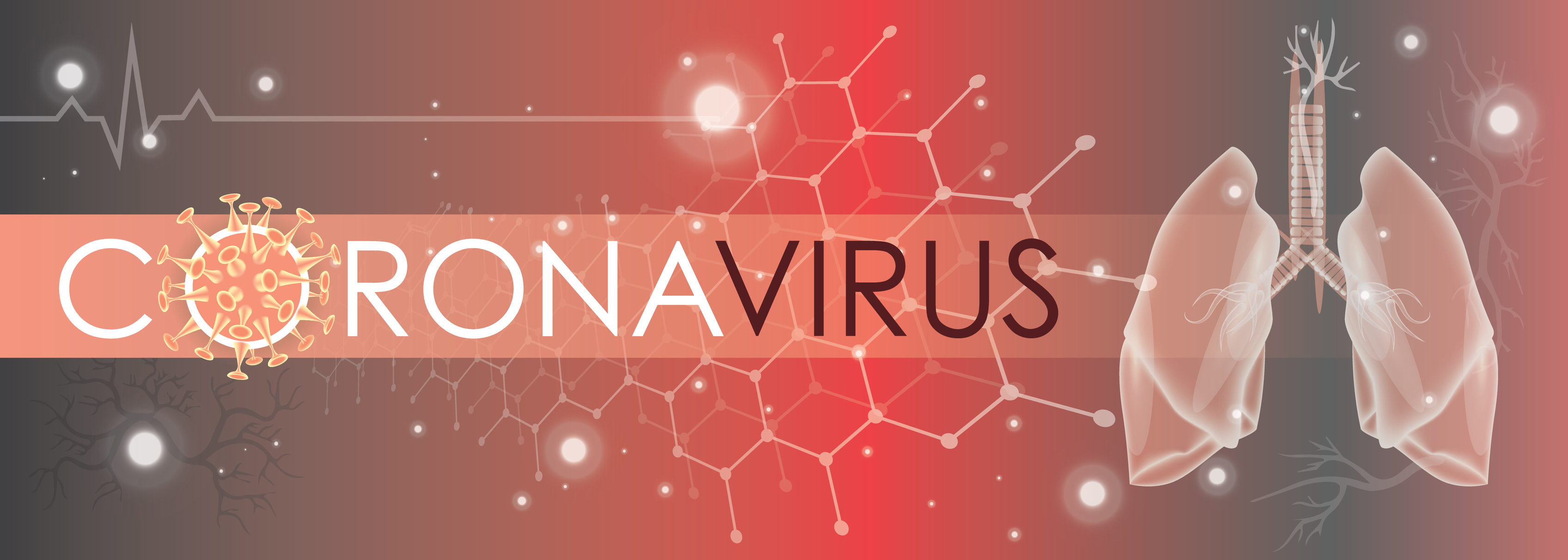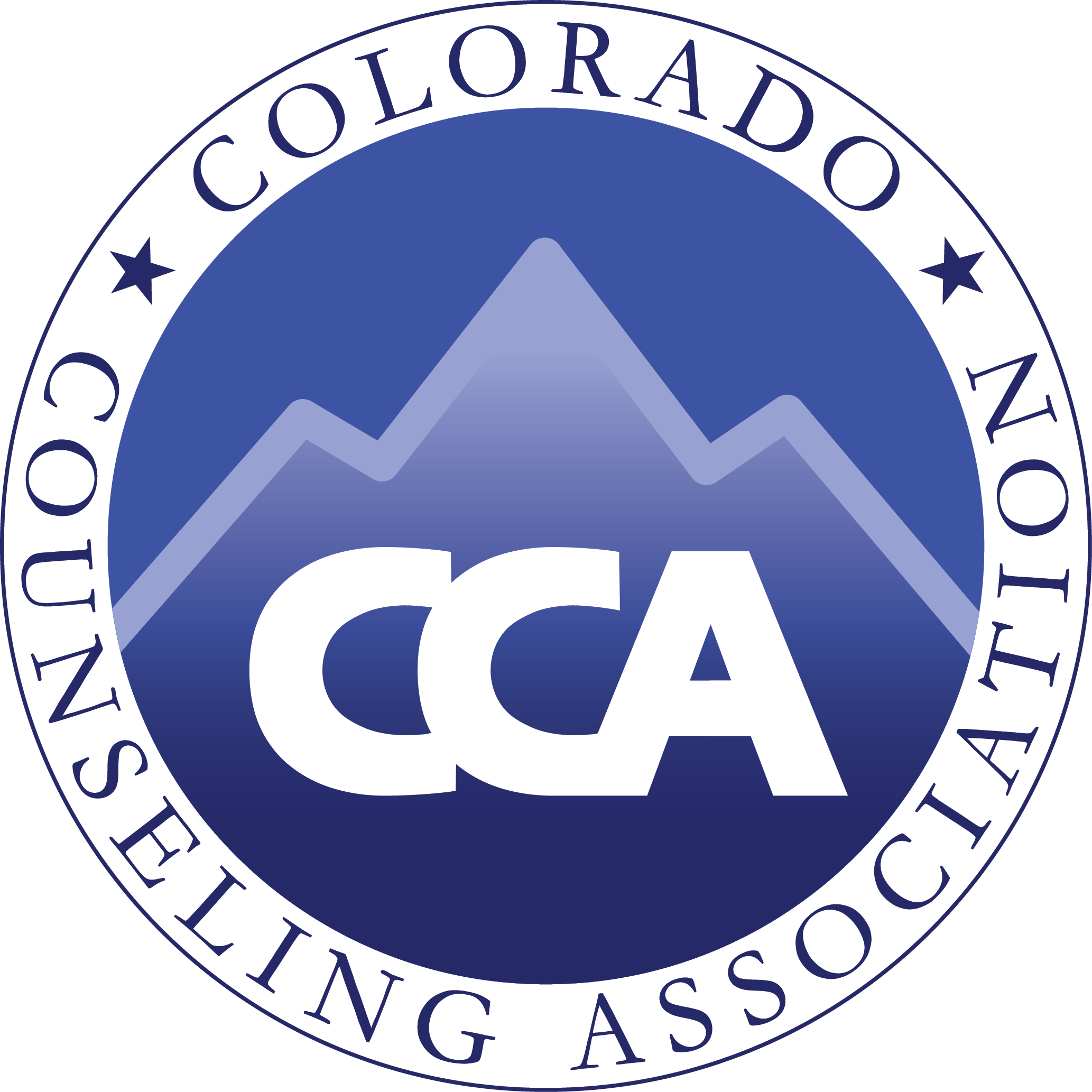
Your best source of current information is your county's public health department.
Mental health professionals face the unique challenge of balancing several responsibilities regarding the coronavirus disease, i.e. COVID-19. Since the spring of 2020, numerous public health orders and mandates have been issued to govern mental health professionals' clinical practice during the pandemic. While there was some level of consistency in these orders early on, each county in Colorado now has various mandates in place. The CCA recommends researching your specific county's public health order and practicing within compliance of that order.
Mental health professionals have the responsibility of valuing the health and wellness of their clients, their community, and themselves. When considering providing teletherapy, the Colorado Counseling Association hopes to guide mental health treatment and COVID-19 within the boundaries established by DORA.
Colorado Department of Public Health and Environment
The Colorado Department of Public Health and Environment (CDPHE) is leading the state response to COVID-19. The CDPHE website has the most up-to-date information on state efforts to contain and treat the virus. You can also find national updates about the novel coronavirus from the U.S. Centers for Disease Control and Prevention (CDC).
Your county's public health department, the CDPHE and the CDC are the best resources for COVID-19 information. Please consult these organizations for all medical questions.OBH and Telehealth
For most services, OBH rule does not limit the use of telemedicine and telehealth options at licensed and designated facilities. Telemedicine and telehealth should be used with clients when appropriate. For best practices in telehealth and telemedicine, please see this HealthIT.gov guide.
TeletherapyThe CCA's Member Partner and mental health attorney, Robert A. Lees, wrote, "it is important to note that much of DORA’s teletherapy policy is uncertain and somewhat confused." Quite frankly, this is true. Any mental health professional who wishes to provide teletherapy must understand the rules and practice of teletherapy. You must be informed. While there are no laws or mental health state statutes in the Mental Health Practice Act (12-245) that govern teletherapy, the State Board of Licensed Professional Counselor Examiner's Policies does provide guidance in policy 30-1 (p. 11).
NOTE: It is recommend you read this policy in full before providing teletherapy to your clients. Below are a few key takeaways.
Policy 30-1 Expectation of Teletherapy Professionalism"It is the expectation of the Board that providers of care, electronically or otherwise, maintain the highest degree of professionalism and should:
- Place the welfare of clients first;
- Maintain the generally accepted standards of practice;
- Adhere to recognized ethical codes governing the profession;
- Properly supervise registrants as defined in Title 12 Article 245 and other clinicians requiring supervision;
- and, Protect client confidentiality" (pp. 11-12).
Policy 30-1 Expectations of Teletherapy Practice
"Once a licensee, certificate holder, or registrant chooses to provide psychotherapy via electronic means, the licensee, certificate holder, or registrant is expected to carefully identify and address issues that involve:
- The agreed upon therapeutic means of communication between the client and the licensee, certificate, or registrant. (i.e. if/when will face-to-face contact be appropriate, what method(s) of electronic communication will be utilized, what is the structure of the contractual relationship);
- Implementing consent form(s) and proper disclosure(s) including, but not limited to the client’s knowledge regarding security issues, confidentiality, structure, etc.;
- Ensuring that the therapeutic means of communication includes confidentiality and computer/cyber security;
- Determining the basis and ability for the licensee, certificate holder, or registrant to support the rationale for the decision to choose a particular therapeutic method;
- Ensuring that the licensee, certificate holder, or registrant is practicing within his/her scope of practice;
- Ensuring that the therapeutic means of communication that is chosen does not cause any potential harm to the client" (p. 15).
The CCA strongly recommends you address each of these six expectations in your clinical notes.
Policy 30-1 Expectations of Teletherapy Challenges
"The licensee, certificate holder, or registrant may encounter specific challenges while providing psychotherapy through electronic means. The licensee, certificate holder, or registrant must realize that these challenges may include, but are not limited to:
- Verifying the identity of the client and determining if they are a minor;
- Providing the client with procedures for alternative modes of communication when there is possible technology failure;
- Assessing how to cope with potential misunderstandings when the visual cues that would normally occur during face-to-face visits do not exist;
- Assessing how to address crisis intervention when necessary;
- Ensuring that clients are knowledgeable with regard to encryption methods, firewall, and backup systems to help secure communication and educate clients on the risk of unsecured communications;
- Establishing a means to retain and preserve data;
- Upon request, have the ability to capture and provide client treatment notes, summaries or other information that is received via the electronic technology;
- Disclosing that health insurance coverage may not exist for psychotherapy service that is provided through technological means" (pp. 15-16).
Teletherapy Platforms
Mental health professionals should provide teletherapy within a HIPAA-compliant platform. These are rarely the communication mediums you use on a daily basis in your personal life.
The CCA recommends three HIPAA-compliant teletherapy platforms:
Additional Information
- Explore The American Counseling Association's COVID-19 resources;
